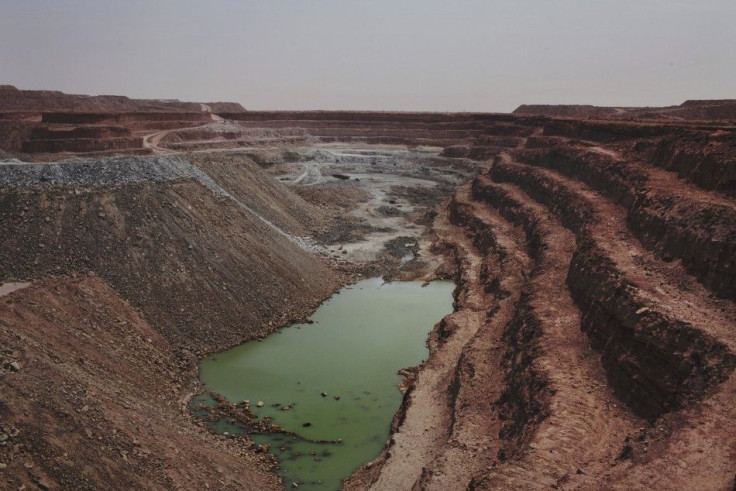Canada Breaks Rule: Allows Australia’s Paladin Energy To Operate As Majority Owner In Uranium Project

In a significant policy shift, Canada allowed Australia's Paladin Energy Ltd to run a mining project in the country by keeping its majority owned holding pattern intact. The Aussie company is operating the Michelin project, which is 100 percent owned by Paladin, and is in the early development stage. Canada's official policy is that uranium mines have to be majority-owned by local companies. Leading Canadian companies in uranium assets are Cameco Corp, Fission Uranium Corp and Denison Mines Corp.
Local Participation
According to Natural Resources Minister, Greg Rickford, the norm is that Canada uranium mines have to be majority-owned by Canadian companies, but exceptions are allowed when Canadian partners are not available. He said, in the case of Paladin, it informed the Federal government about the lack of Canadian interest in the Michelin project. Canada is the world's second-largest producer of uranium, which is the most sought after fuel in nuclear power plants.
It is hoped that Canada’s nod for Paladin's Michelin uranium mine in the Newfoundland and Labrador will bring in more such foreign investors in the mining sector, noted Rob Chang, analyst with Cantor Fitzgerald. Palladin will be the second such company to receive an exception in the matter of ownership holding. The first one was France's Areva. But when it got the exception it was already operating a Canadian uranium as per the policy that came into being in 1987. Analyst Raymond James of David Sadowski said such exceptions could also attract investment from Chinese utilities like as China General Nuclear Power Group and China National Nuclear Corp, which are looking for acquisitions in Canada.
Price Crash
The depressed Uranium prices had taken away the sector’s lure for some time. The low prices are causing a setback to major producers which include Canada's Cameco. The downturn began in 2011, from which a recovery is yet to happen. Japan, as the world’s third-largest producer of nuclear power owed a big chunk of global demand. But that vanished as the country shut down its 50 nuclear reactors after the Fukushima reactor meltdown.
Certainly the depressed uranium mining sector has got a boost from the federal government’s liberal measure of granting an exemption to foreign ownership for the Australian company. Many hailed the decision of Department of Natural Resources as historic and potentially precedent-setting. They believe the policy shift will send the right message and draw more foreign capital into uranium projects in Saskatchewan, one of the world’s largest producers of the green metal, said David Talbot, an analyst at Dundee Securities. “It may help incentivise foreign entities to come in and take a look at these companies, particularly companies that want world-class assets.”
(For feedback/comments, contact the writer at k.kumar@ibtimes.com.au)






